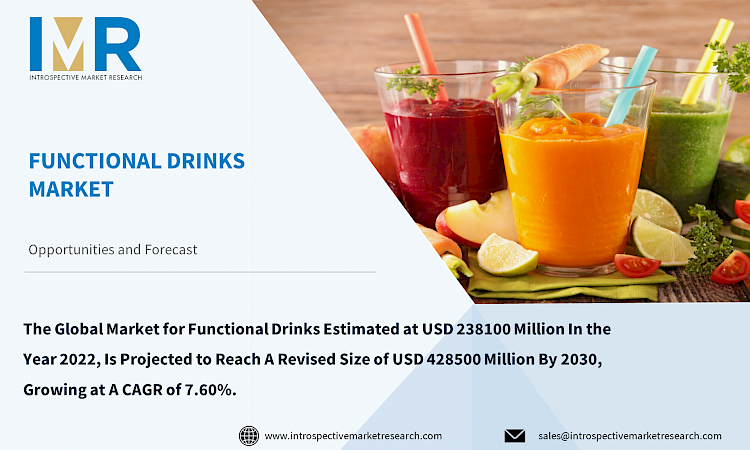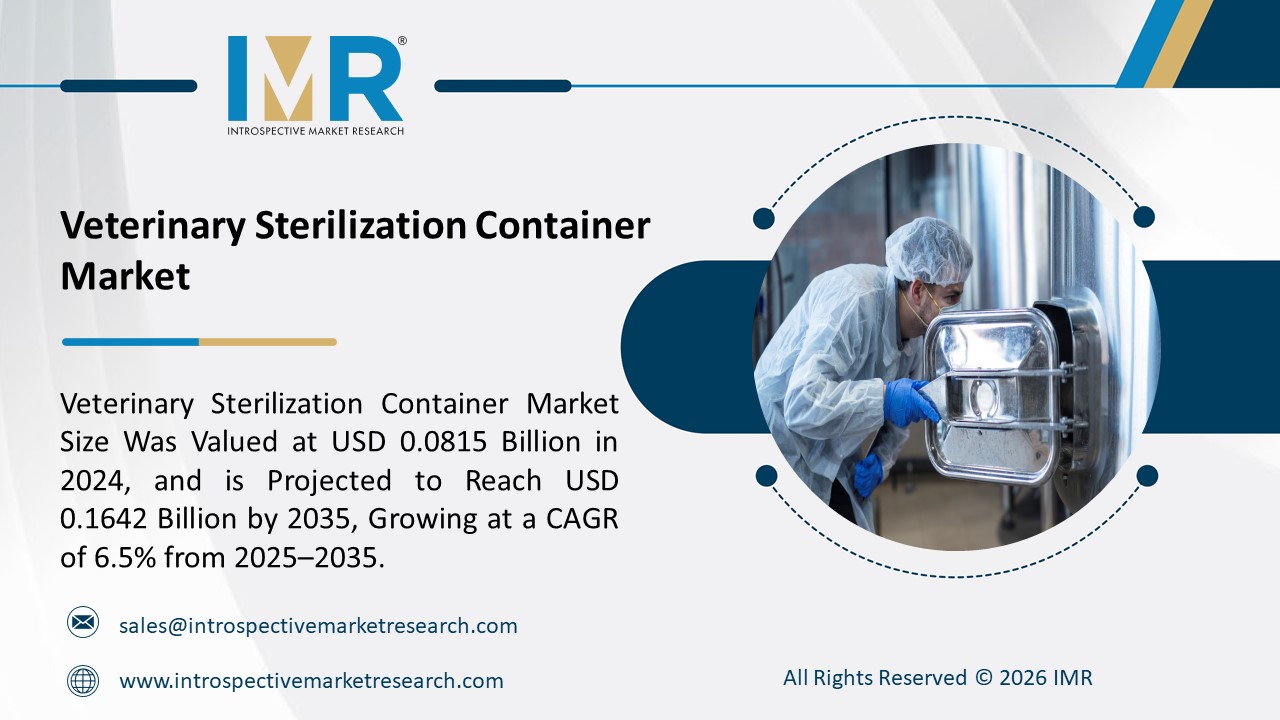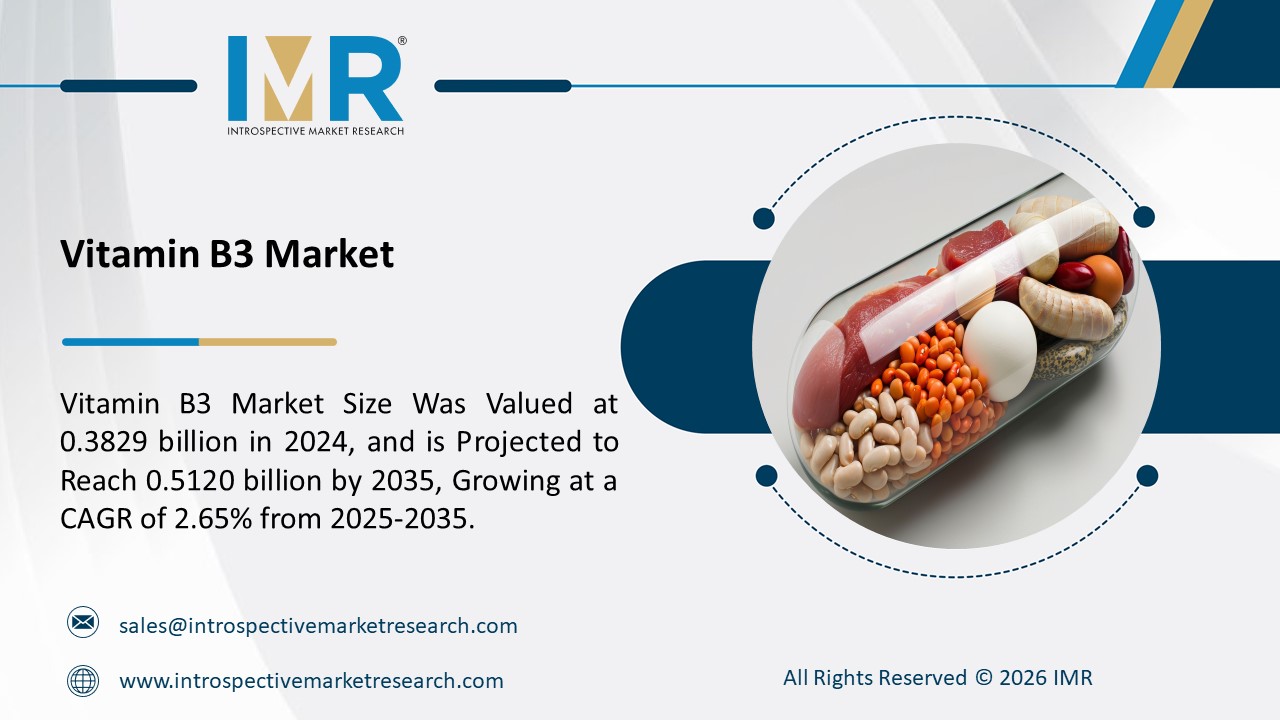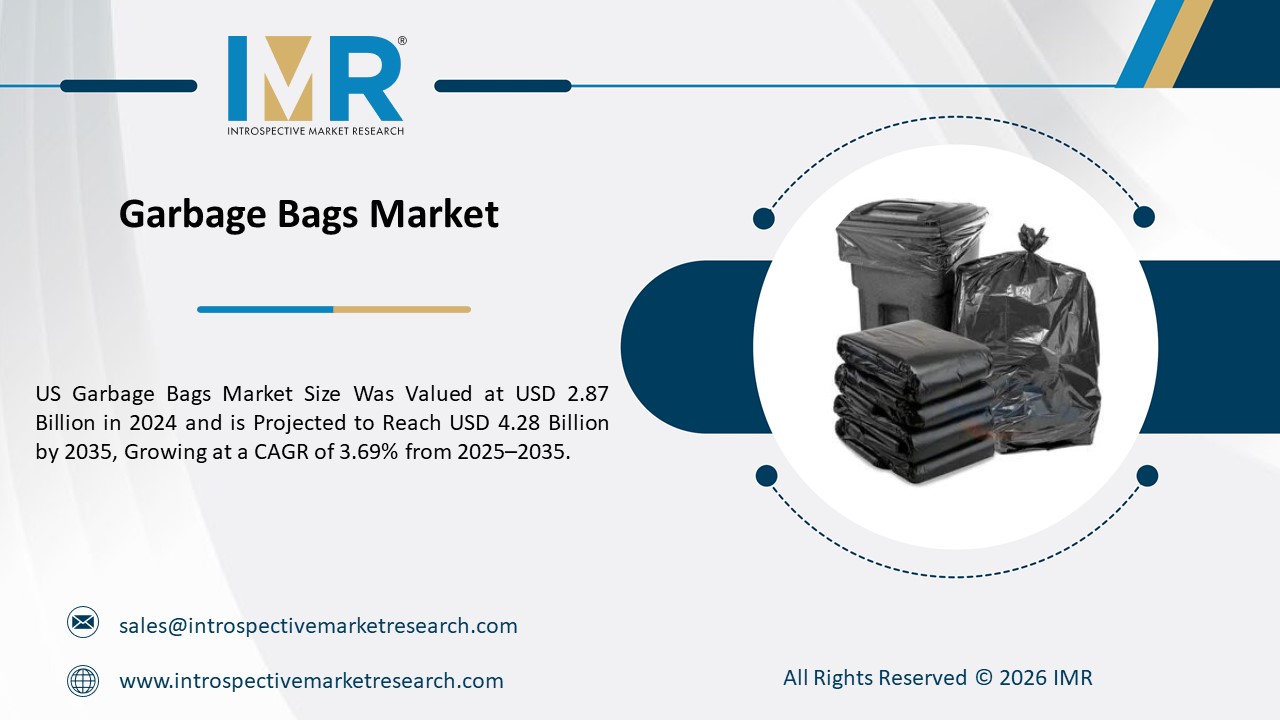
Introduction to Functional Drinks:
Functional drinks are a category of beverages that have gained significant traction in recent years as people increasingly prioritize their health and well-being. These drinks go beyond mere hydration, offering a range of health benefits thanks to their carefully selected ingredients. Whether it's boosting energy levels, improving mental focus, enhancing athletic performance, or aiding in relaxation, functional drinks are formulated to address specific physiological needs. They often contain vitamins, minerals, antioxidants, herbs, adaptogens, and other bioactive compounds, making them a convenient and accessible way for consumers to proactively support their health and lifestyle goals. With a growing interest in holistic wellness, the functional drinks market continues to expand, offering an array of options to cater to individual preferences and requirements.
Major Key Players:
- The Coca-Cola Company (US)
- Otsuka Holdings Co., Ltd. (Japan)
- Suntory Group (Japan)
- Monster Beverage Corporation (US)
- PepsiCo (US)
- Nestl? (Switzerland)
- Red Bull GmbH (Austria)
- Kraft Heinz Company (US)
- Campbell Soup Co. (US)
- Danone (France)
- Fonterra Co-operative Group Ltd.
Market Dynamics and Factors Influencing Growth:
Drivers:
The functional drinks market is experiencing robust growth, driven by several key factors. One significant driver is the increasing health consciousness among consumers. As people become more aware of the importance of a healthy lifestyle, they are actively seeking beverages that have ongoing innovation in product formulations and ingredients. Companies in the functional drinks industry are continually researching and developing new and more effective ingredients, from apoptogenic herbs to vitamins and minerals. These innovations lead to a wider range of functional options for consumers, catering to various health needs and preferences. Moreover, the market benefits from the increasing availability of information through digital channels, which helps educate consumers about the specific health benefits of functional drinks, thus encouraging their adoption. Overall, the convergence of health awareness, convenience, and product innovation is fueling the growth of the functional drinks market.
Restraints:
The issue of taste and consumer preference. While functional drinks may offer health benefits, they often have distinctive flavors or aftertaste due to the inclusion of certain ingredients like vitamins, minerals, or botanical extracts. These taste characteristics can be polarizing, and if consumers find the flavor unappealing, it can deter them from purchasing and consuming these products regularly. Achieving the right balance between functionality and taste is a persistent challenge for manufacturers in this industry.
Opportunities:
A rising interest in functional drinks that address age-related health concerns, such as joint health, cognitive function, and cardiovascular wellness. Tailoring products to meet the specific needs of older consumers represents a promising opportunity for businesses in the functional drinks industry. This can involve the inclusion of ingredients like collagen, omega-3 fatty acids, or antioxidants that support aging-related health issues. the digital age offers immense opportunities for marketing and distribution. Companies can leverage e-commerce platforms and social media channels to reach a broader audience and engage with consumers directly. Online platforms provide a convenient way to educate consumers about the benefits of functional drinks, gather feedback, and adapt product offerings to suit evolving consumer preferences. By effectively harnessing the power of digital marketing and distribution, businesses can tap into a vast and growing market for functional beverages.
Functional Drinks Market Segmentation:
Market Segmentation:
By Type
- Sports Drinks
- Energy Drinks
- Nutraceutical Drinks
- Other
By Distribution Channel
- Hypermarkets/Supermarkets
- Specialty Stores
- Online
By End User
- Athletes
- Fitness Lifestyle Users
- Others
Type of the Product: The sports drinks segment of the functional drinks market is segmented and anticipated because different types of athletes, such as endurance athletes and strength trainers, have unique nutritional needs and preferences.
Distribution Channel: The hypermarkets and supermarkets distribution channel for functional drinks is segmented and anticipated because these retail outlets offer a wide variety of beverage options, including functional drinks, catering to a diverse consumer base.
End User: the functional drinks market is driven by the recognition that athletes have distinct nutritional needs compared to the general population. They require specialized functional drinks that provide energy, hydration, and recovery support tailored to their physical demands and training routines.
For this report, Introspective Market Research has segmented the Functional Drinks Market based on region:
Regional Outlook (Revenue in USD Million; Volume in Units, 2023-2030)
North America: North American consumers regarding the potential health benefits of functional beverages, which has led to a shift in preferences towards healthier drink options.
Asia Pacific: With the rapid growth of the functional drinks market in the Asia Pacific region, the region has experienced a substantial increase in disposable incomes, allowing consumers to allocate more of their spending towards premium and health-conscious products like functional drinks.
North America
- US
- Canada
- Mexico
Eastern Europe
- Bulgaria
- The Czech Republic
- Hungary
- Poland
- Romania
- Rest of Eastern Europe
Western Europe
- Germany
- UK
- France
- Netherlands
- Italy
- Russia
- Spain
- Rest of Western Europe
Asia Pacific
- China
- India
- Japan
- South Korea
- Malaysia
- Thailand
- Vietnam
- The Philippines
- Australia
- New Zealand
- Rest of APAC
Middle East & Africa
- Turkey
- Bahrain
- Kuwait
- Saudi Arabia
- Qatar
- UAE
- Israel
- South Africa
South America
- Brazil
- Argentina
- Rest of SA





